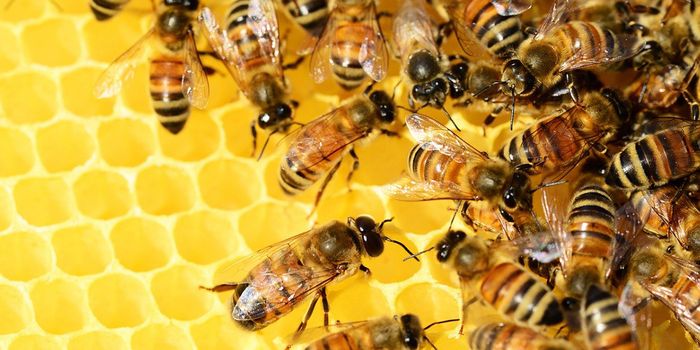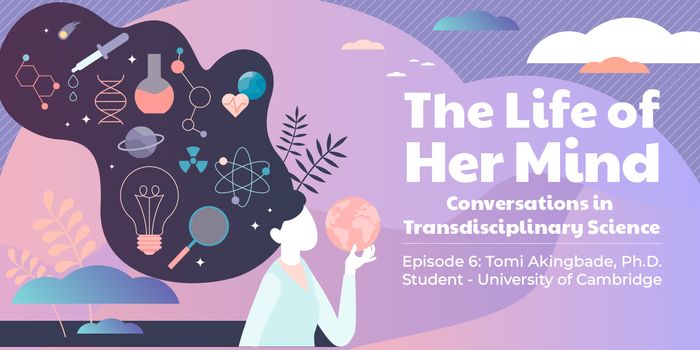Blood cancers, which include leukemia and non-Hodgkins lymphoma can be difficult to treat because they start at the very beginning of the process of cellular development. Blood is made up of red blood cells that carry oxygen and white blood cells that fight infection. Both of these cells are manufactured in bone marrow, from genetic stem cells. When that genetic process goes awry, creating cells with certain mutations, cancer can be the results. Since blood travels all over the body and through every system and organ, blood cancers can be especially aggressive. Acute lymphoblastic leukemia is caused by errors in the genome when lymphoblast cells are created and is one of the more deadly forms of blood cancer and the most common form of cancer in children.
Since blood cancers are not solid tumors, but rather a disease that is on the move throughout the bloodstream, surgery isn't the norm but rather treatments like immunotherapy which boost the immune system to fight off the cancer and chemo and radiation to kill off the defective cells, followed by a bone marrow transplant, to replace the cell creation process with stem cells from a donor are most helpful. Hopefully, a new system will produce healthy cells and eradicate cancer in the blood. Treating these forms of cancer is complex and not always successful, but research is being done every day to find new ways to knockout the defective cells and improve outcomes for patients.








